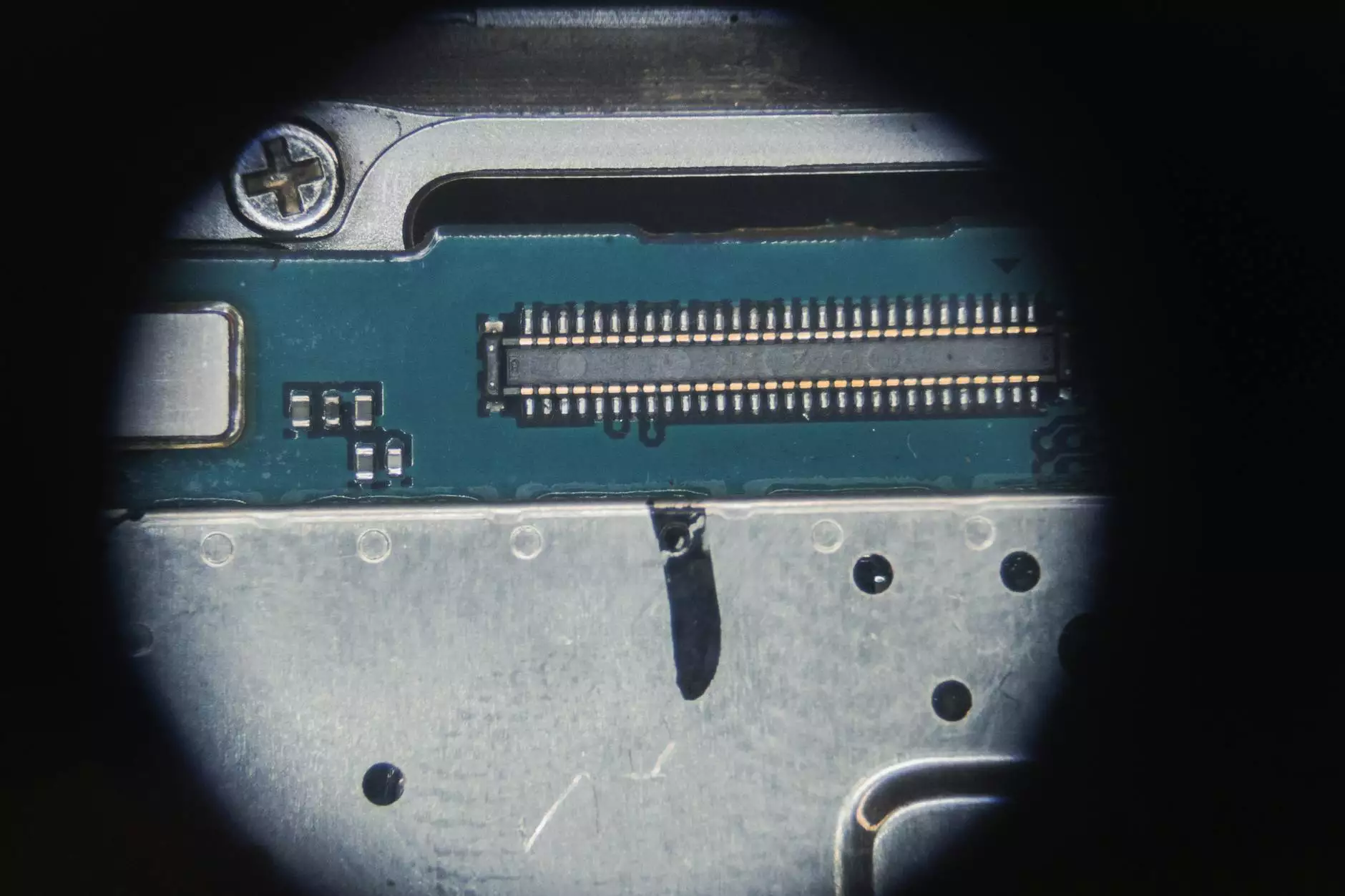Waterontkalker: The Essential Guide to Effective Water Descaling Solutions

In today’s fast-paced world, water quality plays a crucial role in ensuring the efficiency and longevity of our appliances and plumbing systems. The term "waterontkalker", widely used in Dutch-speaking regions, refers to a water descaler specifically designed to combat calcium buildup, commonly known as limescale. This guide will delve into what a waterontkalker is, its importance, types, benefits, and how it can greatly enhance your home or business.
What is a Waterontkalker?
A waterontkalker is a device or solution used to reduce the hardness of water by removing or preventing calcium and magnesium deposits, which contribute to limescale formation. Limescale can cause significant issues in household appliances, heating systems, and plumbing, leading to inefficient operation and costly repairs.
- Definition: A waterontkalker is fundamentally designed to modify the properties of hard water, making it "softer".
- Functionality: It either physically removes existing limescale or prevents new deposits from forming.
- Application: Commonly used in coffee machines, kettles, dishwashers, and boilers.
Why is Hard Water a Problem?
Hard water, characterized by high mineral content, can lead to numerous issues:
- Limescale Buildup: This can clog pipes, reduce water flow, and create a buildup in appliances, affecting their performance.
- Increased Energy Consumption: Appliances working harder to heat water with limescale become less energy efficient, leading to higher utility bills.
- Reduced Appliance Lifespan: Appliances that frequently encounter hard water may require more frequent repairs and replacements.
Types of Waterontkalker
There are several types of waterontkalkers available on the market, each with its own method of action and suitability for different applications:
1. Physical Descalers
Physical descalers work by using electromagnetic waves or ultrasound to disrupt the formation of limescale. They do not remove minerals but alter their structure, making them less likely to adhere to surfaces.
2. Chemical Descalers
Chemical descalers are solutions that remove limescale through chemical reactions. These are commonly used in concentrated form for cleaning appliances and plumbing systems.
3. Reverse Osmosis Systems
These systems use semi-permeable membranes to eliminate a wide range of impurities, softening the water in the process. They are commonly used in residential and commercial water purification systems.
Benefits of Using a Waterontkalker
The advantages of integrating a waterontkalker into your water systems are myriad:
- Improved Appliance Efficiency: Appliances perform better with softened water, which translates to lower energy bills and longer life.
- Cost-Effectiveness: Reducing limescale minimizes repair costs and extends the lifespan of your appliances.
- Enhanced Water Quality: Softer water results in better tasting beverages and food when using water in cooking.
- Reduced Cleaning Time: Limescale stains can be unsightly; softer water assists in keeping surfaces cleaner and reduces the need for harsh cleaners.
Choosing the Right Waterontkalker for Your Needs
Selecting the appropriate waterontkalker can depend on various factors such as the hardness of your water, the size of your home or business, and your specific needs. Here are some pointers to consider:
1. Assess Water Hardness
Understanding the hardness of your water is the first step in choosing a descaler. Local water authorities often provide hardness levels, or you can use a water hardness test kit.
2. Consider the Size of Your System
Are you descaling a small espresso machine, or do you need a whole-house solution? Your choice will depend on the system size and water consumption.
3. Evaluate Maintenance and Costs
Some waterontkalkers require regular maintenance, while others are virtually maintenance-free. Weigh the initial costs against long-term savings and convenience.
Installation of Waterontkalker
The installation process varies depending on the type of descaler you choose. Here are common installation methods:
- DIY Installation: Many physical descalers can be easily installed by the homeowner with minimal tools.
- Professional Installation: Chemical systems or larger whole-house systems should generally be installed by qualified professionals to ensure optimal performance.
Conclusion: Transform Your Water Quality with a Waterontkalker
In conclusion, investing in a waterontkalker can significantly improve the quality of water in your home or business, ultimately enhancing the performance and longevity of your appliances and plumbing systems. While hard water can lead to a multitude of issues, choosing the right descaling solution can mitigate these challenges effectively.
As you explore your options, remember to consider the specific needs of your environment and the initial investment compared to potential long-term savings. For expert services and premium water purification solutions, visit waterverzachteraquagroup.be and take the first step towards better water quality today!









